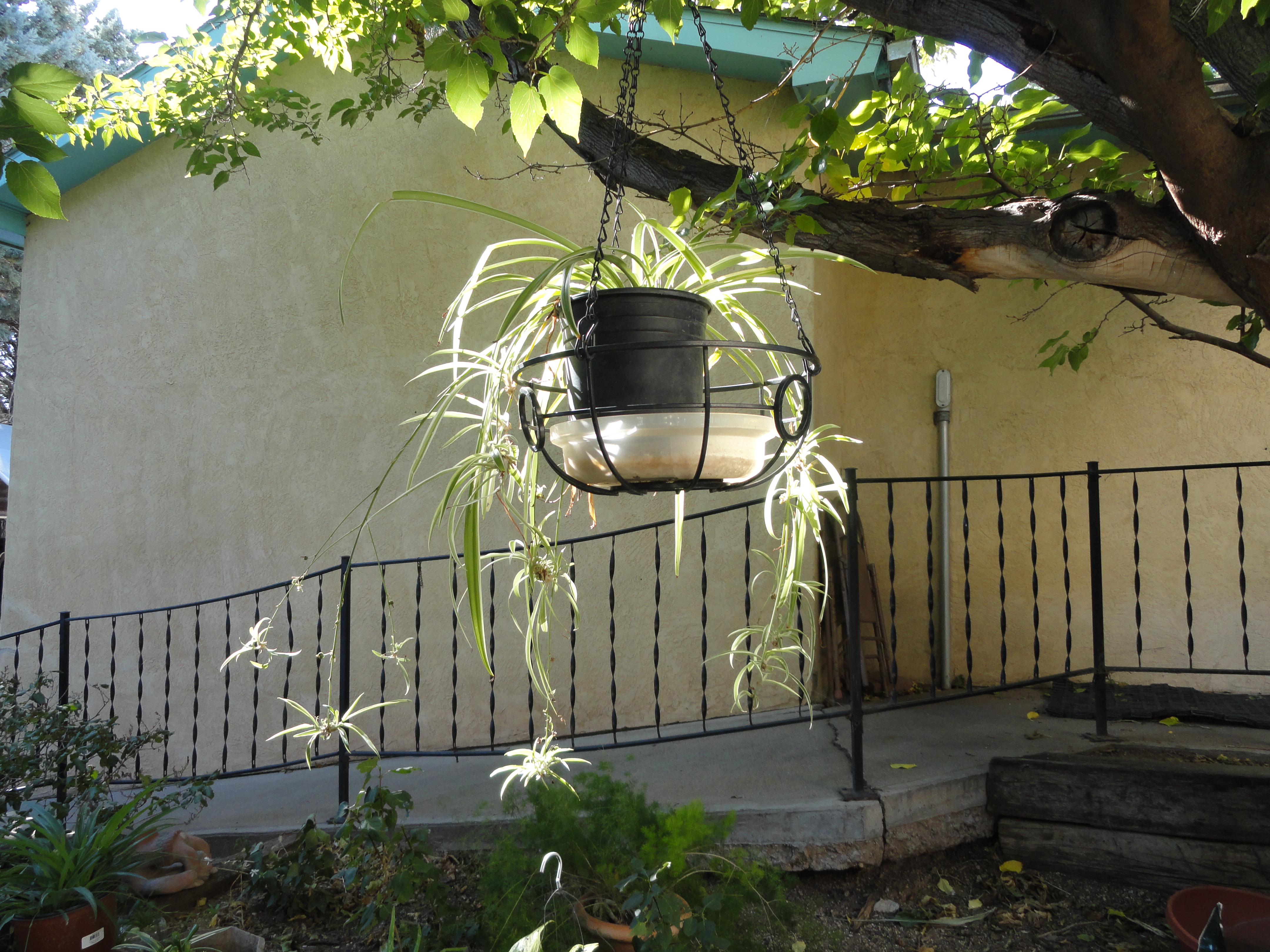Vickie Bergman, some of her nice analogy about unschooling being like riding bikes:
Your own bicycle is powered by your own legs, steered by your own hands. It stops when you stop, goes where you want to go. But it's not that you are always responsible for your own movement.
You are not just left to figure it out for yourself. When you prefer to have some level of assistance getting where you want to go, you also have tandem bicycles and bike trailers available to you. You get to choose if you want help and what kind and how much. And your parents are ready to help whenever and however you want them to.
No matter which kind of bicycle you are on, there is no separation between you and the outside world. No window to look out. You can smell the real world, hear the real world, stop and touch the real world.
You are part of the real world. There are paths to follow if you want to, but your rides are not limited to the paths.
. . . .
That is unschooling. It is not a model of education, but a way of life. It is recognizing that people learn from living, and there is no need to separate learning from living. Unschooling lets a family live together, learn together. It is built on trust among family members, and trust in human nature. Trust that children have a strong desire to learn about things, even if those things may not be on the short list of school subjects.
Trust that, with your acceptance and support, your child will follow his own path, leading exactly where he wants to go.—Vickie Bergman
More at: SandraDodd.com/bicycle
photo by Vickie Bergman






















